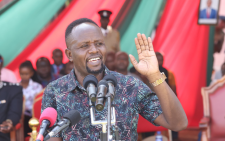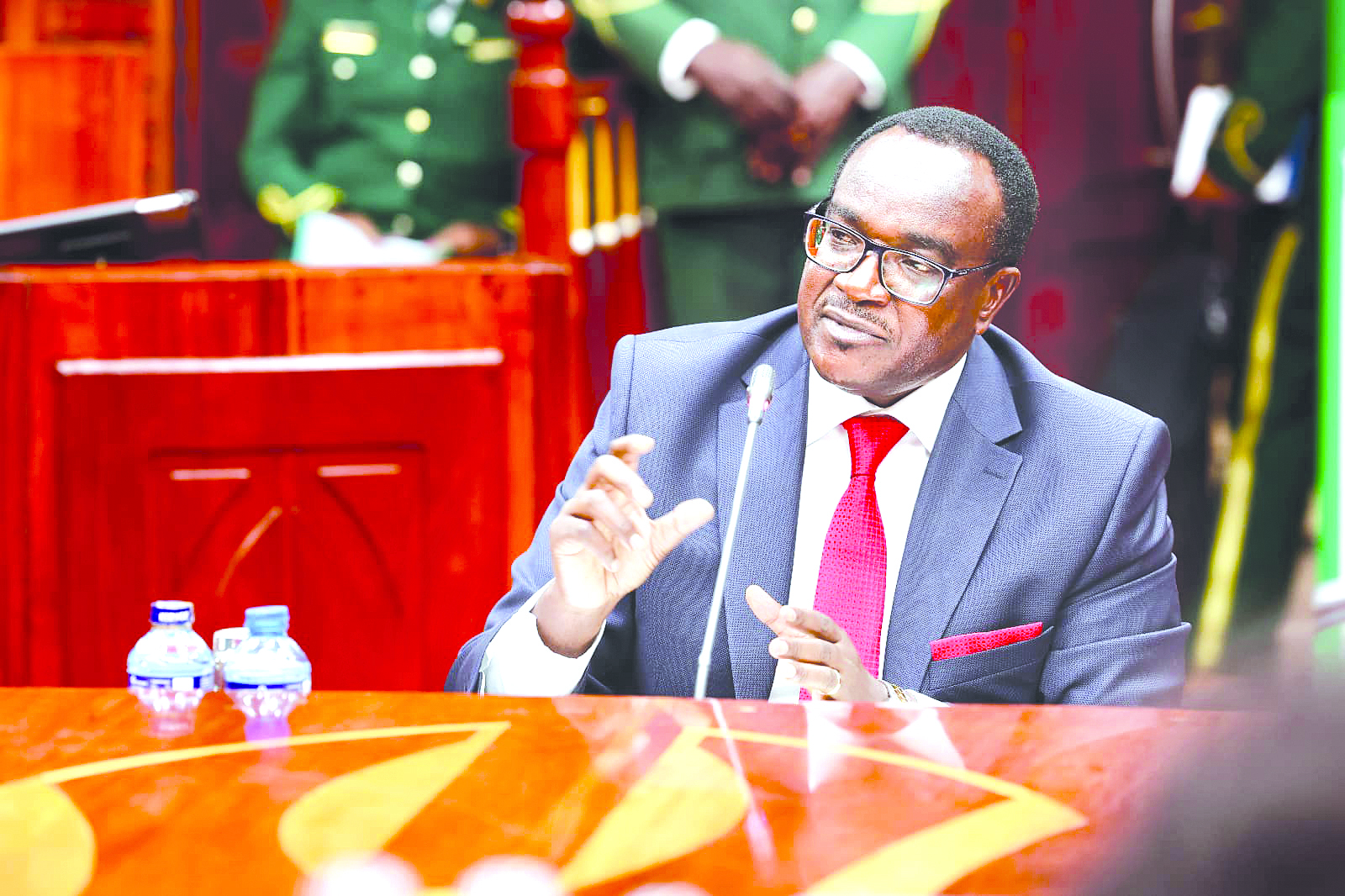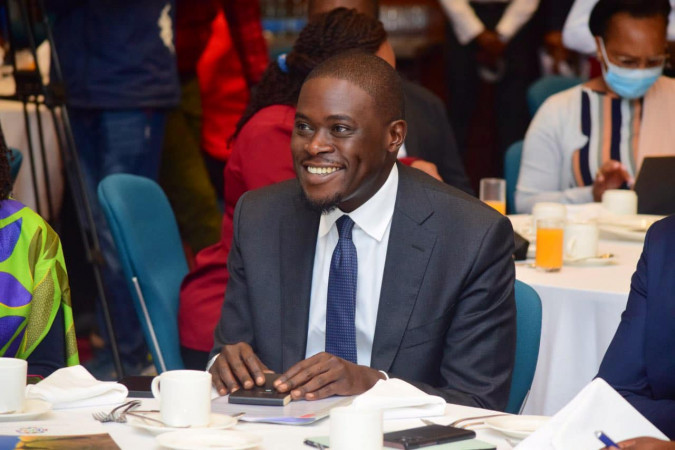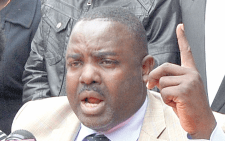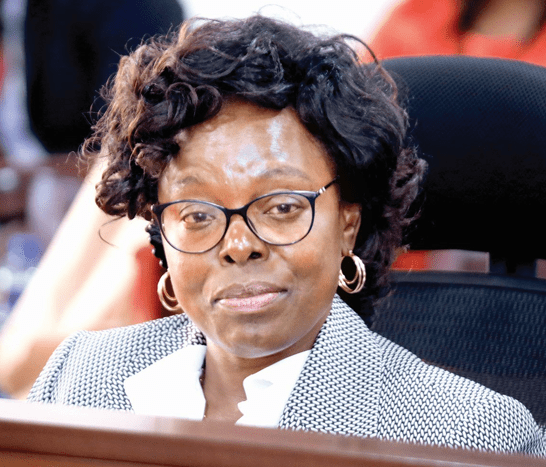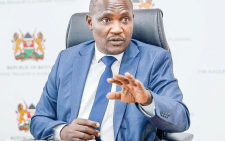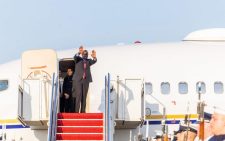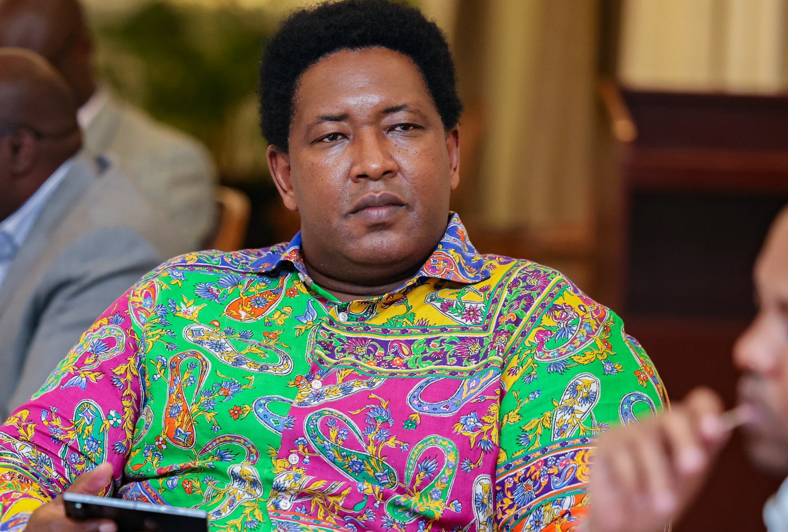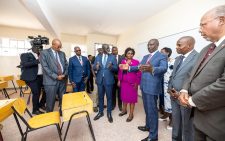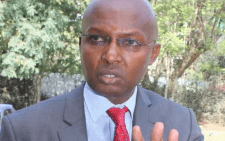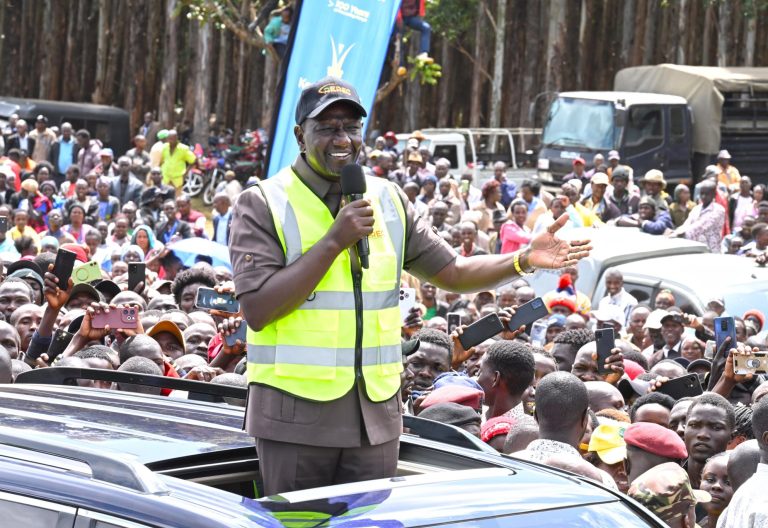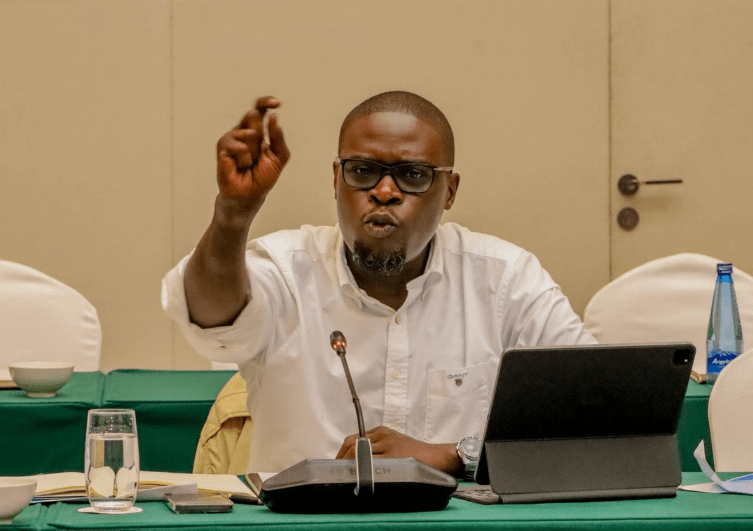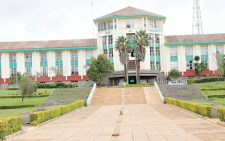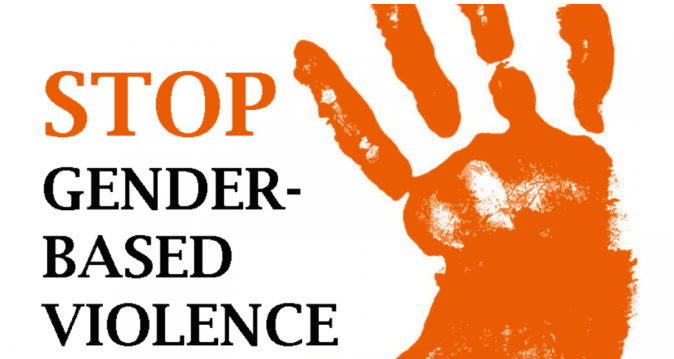We must prepare for schools double-intake crisis
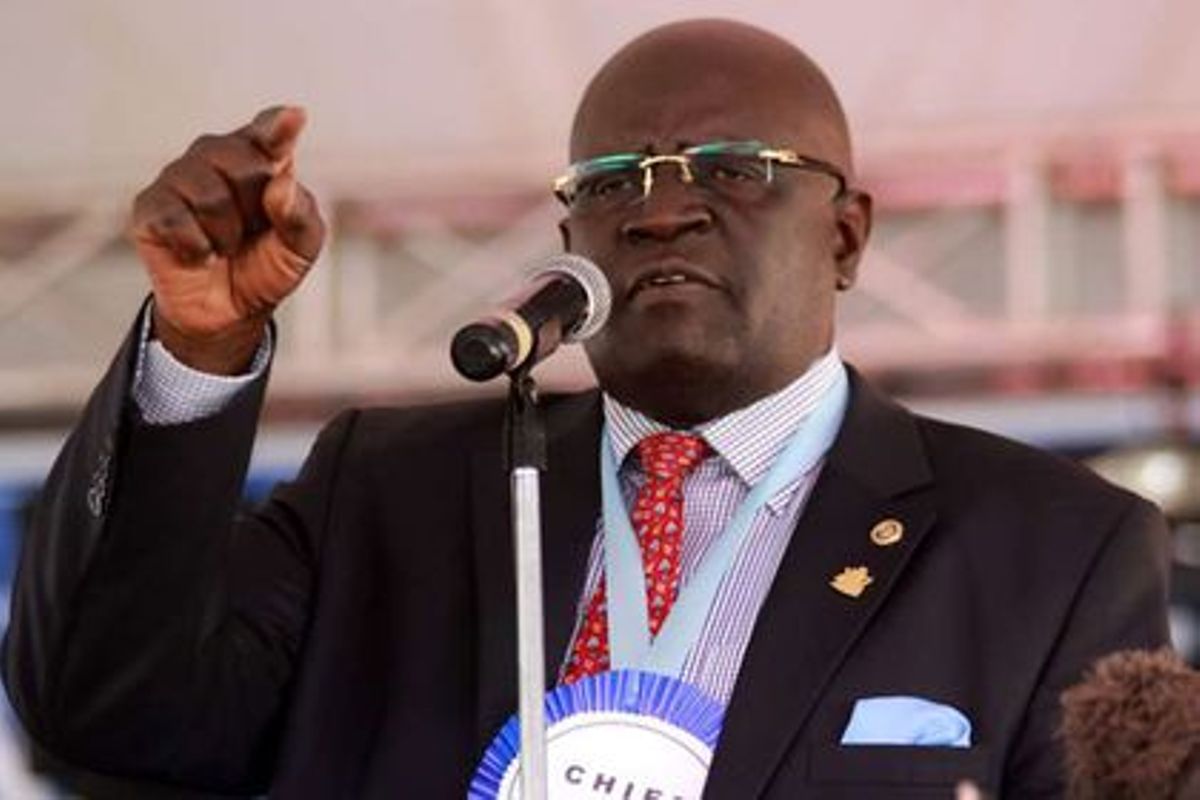
Musalia Mudavadi
The 8-4-4 system consists of eight years of primary education, four years in secondary and four years of higher education.
The government provides free primary and partial free day secondary education.
In 2017, the World Economic Forum rated this education system as the strongest in Africa. In 2018, the World Bank ranked Kenya the top African country for education outcomes.
But Kenya is in the process of transitioning to the competency-based curriculum (CBC) system that comprises Pre-primary, Primary, Secondary and University education.
Covid-19 disrupted 17 million learners. The school closure exposed the fragility of previously ignored economic and social issues in education, interrupted and loss of learning, education exclusion, homelessness, nutrition and economic crisis, childcare challenges and increase in teenage pregnancy cases, financial cost implication to households and sexual exploitation.
The effects have been more severe for the underprivileged children, many who haven’t reported to school.
The adoption of remote and digital learning increased the learning gap as most learners have to play catchup for lack of access to internet, electricity and prohibitive cost of internet data bundles.
These disadvantages in-built in the CBC system will widen the inequality gap and impede many learners’ ability to access quality education.
Under our Constitution, every child has a right to free and compulsory basic education.
The latest Basic Education Statistical Booklet (2019) shows the number of pre-primary learning centres were 46,530 with an enrollment of 2.7 million learners.
Primary schools were 32,344 with 10.1 million pupils, and secondary were 10,487 with 3.26 million students.
Kenya has 31 public universities, 30 private universities and 30 universities with Letter of Interim Authority. By 2020 over 509,000 students were enrolled in universities.
Transition policies have soared completion rates at primary education level to 82 per cent and retention rate to 96.1 per cent. Retention rate in secondary schools is 103.3 per cent while the transition rate from primary to secondary education levels was 95 per cent.
However, the impact of Covid-19 and haphazard implementation of CBC are likely to roll back these gains.
Education takes the lion’s share of the national budget. However, danger looms in achieving seamless transitioning because of hurried implementation of the CBC.
There is confusion on what teachers and parents should do to ensure effective implementation of the new system.
Transition from the 8-4-4 system involves phasing out classes seven and eight in primary school and increasing the number of grades in secondary school.
We must therefore prepare for a double intake into secondary school in January 2023 and another double intake in January 2024 and prepare to accommodate two million pupils in primary and two million students in secondary.
Double-intake will require double classrooms, toilets, desks, food, teachers etc. Currently schools are congested.
The Sh4.2 billion allocated this year to expand school infrastructure is a drop in the ocean.
It’s regrettable that no transition plan is contemplated at all beyond this financial year.
An infrastructure plan and recruitment of new teachers must be in place otherwise our secondary school system will crush in 2023, and university thereafter.
Other than economic recovery, reforming education will be the most important challenge I will face should I be elected president next year.
I’m consulting on how best to mobilise resources locally and internationally to create infrastructure and hire teachers to avert a disaster that we seem to be walking into.
Of immediate concern is the fiasco in the admission of form one students. Parents deserve an audit on why the system failed, leading to children missing places in schools where they had been admitted.
There are also corrupt schemes by schools that defraud parents by forcing them to buy items from pre-selected suppliers at twice the market price.
Other illegal schemes include payments for items outside the formal system of remitting money to schools. Government guidelines on tuition fees have also been ignored.
The pursuit of private gain undermines the 100 per cent transition policy and will not be tolerated under my watch. — The writer is the Amani National Congress leader and 2022 presidential candidate
